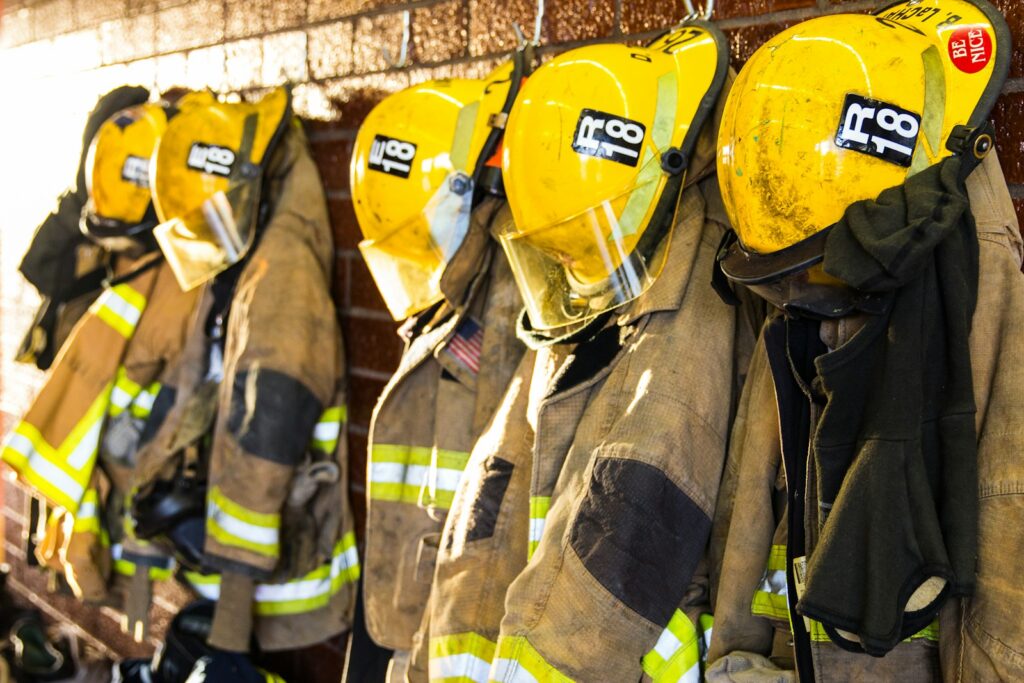
Winter brings with it colder temperatures, holiday festivities, and the cozy warmth of a crackling fire in the fireplace. While the season has its charm, it also poses unique challenges when it comes to fire safety. House fires are more prevalent during the winter months, often due to heating appliances, electrical issues, and increased use of candles and decorations. In this article, we will explore essential safety measures to help you avoid the risk of a house fire during the winter.
- Heating Appliances: One of the primary causes of winter house fires is faulty heating appliances. Whether you use a furnace, space heater, or fireplace, it’s crucial to ensure that they are well-maintained and in good working condition. Schedule regular inspections and cleanings for your heating systems to prevent potential hazards.
- Furnace Maintenance: Have your furnace inspected by a professional before the winter season begins. Clean or replace filters regularly to ensure efficient and safe operation.
- Space Heaters: Keep space heaters at least three feet away from flammable materials, such as curtains, furniture, or bedding. Avoid using extension cords and turn off space heaters when leaving a room or going to bed.
- Fireplace Safety: Have your chimney inspected and cleaned annually to remove creosote buildup, a common cause of chimney fires. Use a fireplace screen to prevent sparks from escaping and always extinguish the fire before leaving the house or going to sleep.
- Electrical Safety: Winter often involves increased use of electrical appliances, holiday lights, and decorations. Proper electrical safety measures can significantly reduce the risk of electrical fires.
- Inspect Wiring: Check for frayed or damaged wires in holiday lights and electrical decorations. Replace any damaged items immediately.
- Avoid Overloading Outlets: Distribute electrical appliances across different outlets to prevent overloading. Unplug decorations and lights when not in use, especially before going to bed or leaving the house.
- Space Heaters and Extension Cords: As mentioned earlier, avoid using extension cords with space heaters. Plug heaters directly into outlets and ensure the cords are in good condition.
- Candles and Decorations: Candles and festive decorations add warmth to the winter season but require careful attention to prevent fires.
- Candle Safety: Keep candles in sturdy holders and place them on stable surfaces away from flammable materials. Never leave candles unattended, and extinguish them before leaving a room.
- Christmas Tree Safety: If you have a live Christmas tree, keep it well-watered to reduce the risk of ignition. Place the tree away from heat sources and turn off lights when you’re not home or when you go to sleep.
Conclusion: As winter settles in, taking proactive steps to ensure fire safety in your home is crucial. By following these safety measures, you can enjoy a cozy and secure winter season without the worry of a house fire. Stay warm, stay safe!

